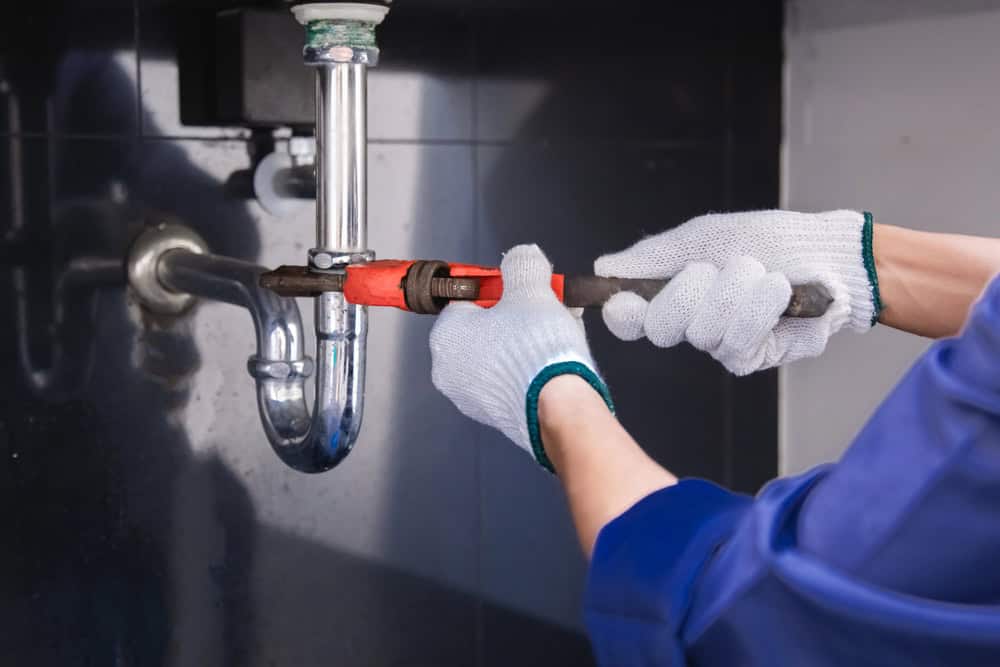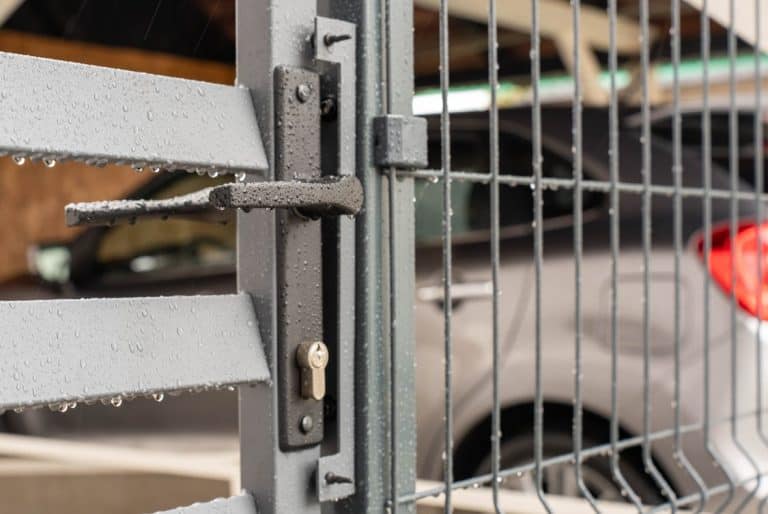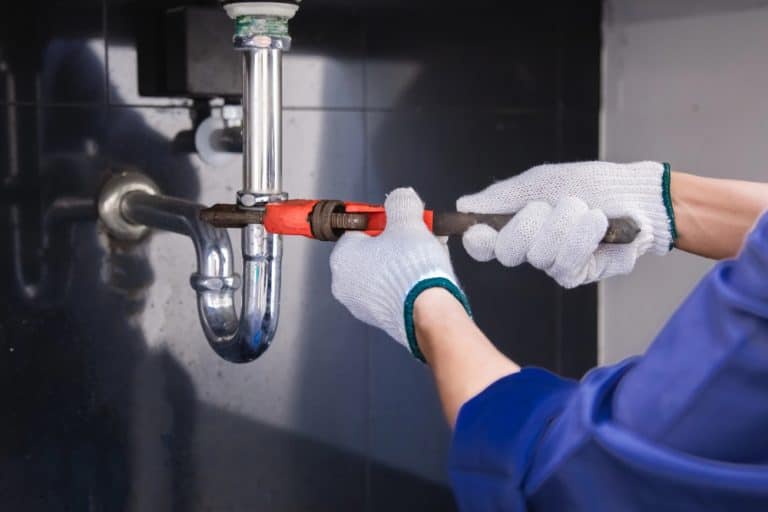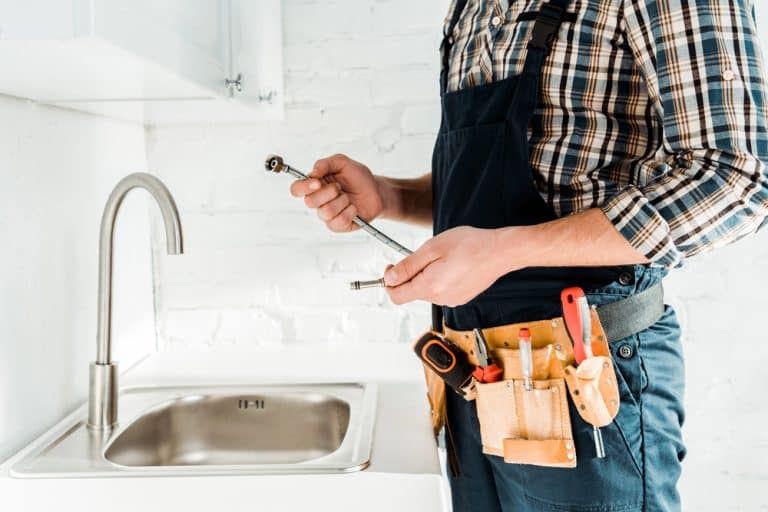Running a business often means wearing many hats, and plumbing maintenance may not be the first thing on your mind. However, ensuring that your plumbing system operates smoothly is vital for the comfort and functionality of your workplace.
Here are five essential plumbing maintenance tips that can save you time and money in the long run.
1. Regular Inspections Are Key
One of the most effective ways to maintain your plumbing system is by scheduling regular inspections. Just like you would check your electrical systems or HVAC units, your plumbing deserves the same attention.
A professional plumber can spot potential issues before they escalate, keeping your business running smoothly.
Look for signs of trouble during these inspections. Leaks, rusted pipes, or unusual sounds can indicate underlying problems. Addressing them early can save considerable costs later.
Think of it as a routine check-up – it’s better to catch a small issue than to deal with a major repair down the line.
Don’t wait for a pipe to burst or for water to start pooling. A proactive approach means less disruption for your staff and customers.
Regular checks not only prevent emergencies but can also extend the lifespan of your plumbing system.
Consider documenting these inspections. Keeping a record can help you identify patterns or recurring problems, making it easier to address them effectively.
It might seem tedious, but this simple step can provide valuable insight into the overall health of your plumbing.
2. Know Your Water Pressure
Water pressure plays a significant role in the overall performance of your plumbing system. Too low pressure can lead to inadequate water flow, making daily tasks a hassle.
Conversely, high water pressure can strain your pipes, leading to leaks or bursts. Understanding what constitutes normal water pressure for your business is essential.
To monitor water pressure, use a pressure gauge. Ideally, it should fall between 40 to 60 psi (pounds per square inch).
If you notice fluctuations, it might be time to consult experienced plumbers for all repair needs. They can diagnose issues with your pressure regulator or check for blockages in your system.
Upgrade your fixtures if necessary. Installing low-flow faucets and showerheads can improve your water efficiency while maintaining sufficient pressure.
Not only does this help with conservation efforts, but it also reflects positively on your business’s sustainability practices.
Take note of any changes. If you notice a sudden increase or decrease in water pressure, it may signal a problem somewhere in your plumbing.
Being attentive to these shifts will help you catch potential issues before they escalate.
3. Be Mindful of What Goes Down the Drain
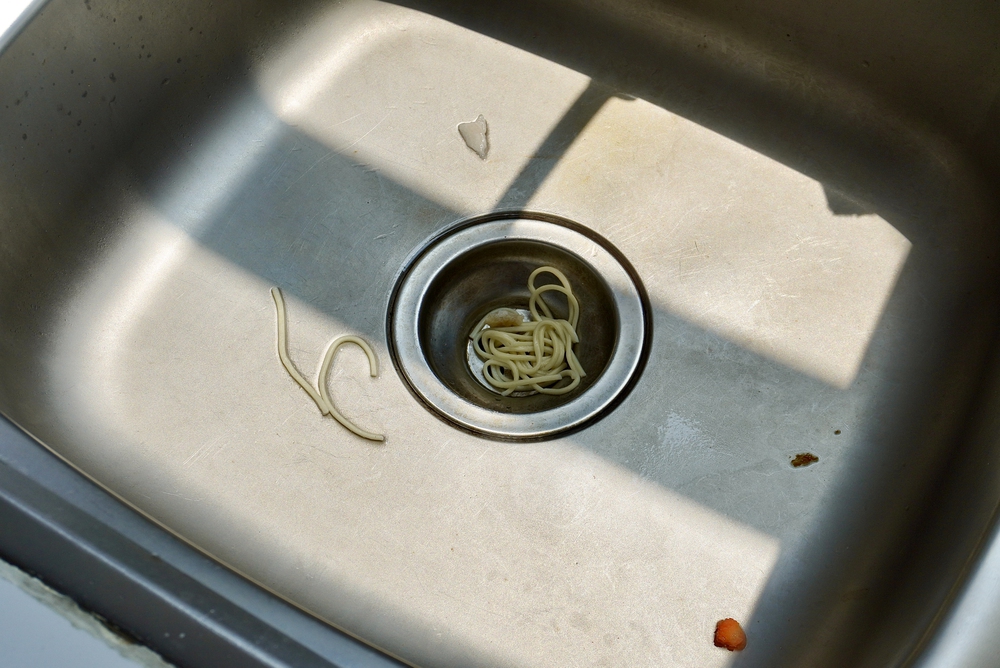
Every business has unique needs when it comes to drainage, and understanding what can safely go down the drain is crucial. Restaurants, for example, face different challenges than offices.
Be proactive in educating your staff about proper disposal techniques to minimize clogs and backup issues.
Avoid putting grease, food scraps, or large objects down the drain. These materials can lead to significant clogs, resulting in costly repairs and service interruptions.
Instead, provide appropriate disposal methods, such as separate containers for food waste.
Regularly clean your drains. Simple practices like using a drain strainer can catch debris before it leads to a clog. Additionally, schedule periodic drain cleaning services to keep your pipes clear.
A clean drain system will improve flow and reduce odors in your business.
If you find yourself dealing with frequent clogs, consult a plumber to investigate. They can help identify underlying issues, such as tree roots infiltrating your pipes or a failing sewer line.
Taking these concerns seriously can save you from bigger headaches in the future.
4. Manage Your Water Heater
Your water heater is an essential component of your plumbing system, especially for businesses that rely on hot water. Regular maintenance is necessary to ensure it operates efficiently and lasts longer.
Flushing your water heater periodically can help eliminate mineral buildup that affects performance.
Check the temperature settings on your water heater. Setting it too high can lead to scalding risks, while setting it too low can promote bacteria growth.
A temperature of around 120°F is often recommended for safety and efficiency.
Inspect for leaks or corrosion. A small leak may not seem urgent, but it can quickly worsen, leading to more significant damage. If you notice rust or the tank appears to be sweating, it might be time for a replacement.
Addressing these signs early can prevent water damage to your property.
Invest in an annual inspection by a licensed plumber. They can check for any potential issues, ensuring that your water heater remains in optimal condition.
Regular attention to this appliance will help it serve your business effectively for years.
5. Educate Your Employees
Your plumbing system is only as strong as the habits of those who use it. Educating employees about proper plumbing practices can significantly reduce the risk of issues.
Create guidelines on what can and cannot be flushed, and encourage them to report any plumbing problems immediately.
Hold training sessions or provide informational materials that outline best practices. Simple actions, like not overloading toilets or avoiding the disposal of non-flushable items, can make a huge difference.
Encourage a culture of communication regarding plumbing issues; no problem is too small to report.
A little awareness goes a long way. Employees should know how to locate the main shut-off valve in case of an emergency. This knowledge can prevent further damage during a plumbing crisis, allowing for quicker action.
Recognize and reward good practices. Acknowledging employees who follow guidelines or report issues can motivate others to be vigilant.
Building a team that cares for the plumbing system can lead to long-term benefits for the entire business. By implementing these plumbing maintenance tips, business owners can create a more efficient and trouble-free environment.
Each small step contributes to the overall health of the plumbing system, reducing stress and costs in the long run. Taking a proactive approach will ensure that your business runs smoothly, allowing you to focus on what truly matters.

